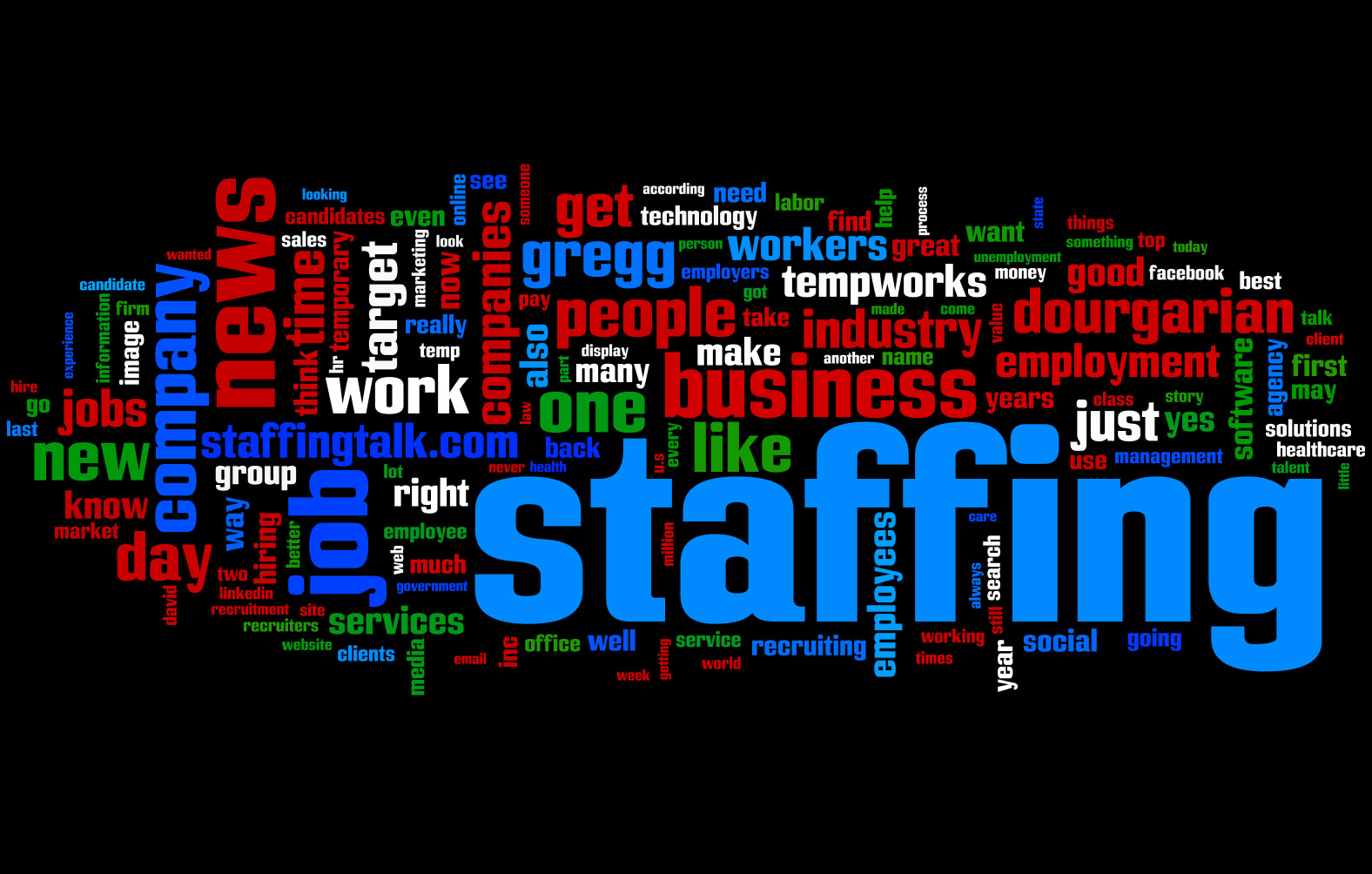When it comes to copyright laws in the United States, we’ve made two enormous blunders. The first was when we allowed unfettered corporate greed to change the laws to a state so ridiculous that virtually no work will ever again enter the public domain; the second was when we casually allowed the emerging Internet to respond to the first blunder by simply ignoring copyrights and declaring all content to be free when downloaded from the Internet.
We may pay for these blunders by seeing the emergence of a third US political party that will not only shake up our traditional two-party system but bring a broad swath of disenfranchised citizens back to the polling booths.
We’re talking Pirates here.
First things first. When the Founding Father drafted the US Constitution, they included in it a provision that allowed authors, songwriters and other creators of works a reasonable amount of time – 17 years – to reap the profits from their labor. But for some prolific and popular artists, this proved to be too short a time. So the copyright was extended to the life of the creator. Unfortunately, this did not allow the artist to pass along any inheritance, so this period was extended to life plus a few years. At the behest of mega corporations like Disney, this has been extend to include the life of the artist plus 95 years. One may anticipate that in 2061, 95 years after Walt Disney’s death, the corporation that bears his name will argue for yet another extension.
Which is ridiculous. Under these rules, classic movies rot in corporate vaults, never to be seen again. The studios don’t see any profit in releasing the old films commercially; but are terrified to let go of their rights to them. If such rules had been in effect in years past, we might never have heard of Mozart, or Dickens, or even Mark Twain.
But the response by Internet enthusiasts has been equally wrong. Using peer-to-peer sites and torrent download technologies, these enthusiasts have created a culture in which people pay for nothing – not films, not music, not television shows. When industries like music and publishing have tried to respond by offering $.99 song or ebook products, the result has not been sufficient to cover the costs to produce the product in the first place.
So we have gone to war to enforce copyrights, with major corporations suing to keep their works from being stolen on the Internet. Ever more draconian laws, with penalties now approaching those used for armed assaults and murder, and being pushed for the simple act of sharing a song or a book with a friend.
Which is where the Pirate Party comes in Six years ago, when copyright holders forced a torrent site called the Pirate Bay to shut down, the founders responded by forming a political party that shocked the world by gathering up disenfranchised Internet people and garnering enough votes to have a strong voice in national elections. A party based on the idea that if copyright laws are wrong, people should simply pull together enough votes to change the law. At first mocked for their simplistic, single-issue orientation, the Pirate Party just pulled off an upset in Germany that will force whoever next rules that country to give them a strong voice in the legislature.
Oh, and did I mention there is already a Pirate Party in the US?
Before you scoff about its membership or its goals, let’s remember that the Republican Party began as a group of people who wanted to change the laws regarding the then-legal practice of slavery. The Canary Party exists to change nutrition laws. The Democratic Party began as a group of people who didn’t like the banking and fiscal policies of Alexander Hamilton. And did I mention the Modern Whig Party, which can’t decide what it stands for?
I can’t support the Pirate Party. As a published author, I want the right to make a little money for doing all the work required to create a novel. But I have to admit that what they are asking for is no more bizarre than belonging to a party to oppose a Treasury Secretary who’s been dead for more than two centuries.
Copyright laws are important, if we are going to get creative people to create new and interesting works. At the moment, those laws are at an impasse, with both sides entrenched in positions that (much like the trenches of World War I), won’t lead to a peaceful resolution. One can only hope that at some point soon we can find a system that works better.
Thanks for reading CPA Practice Advisor!
Subscribe Already registered? Log In
Need more information? Read the FAQs




